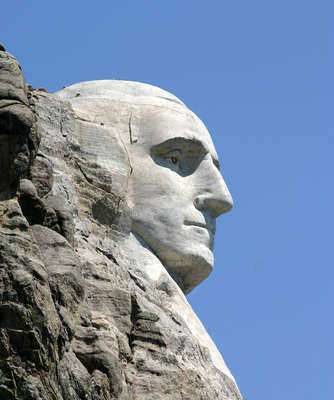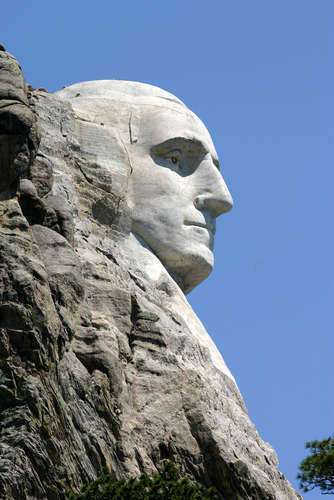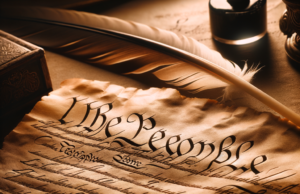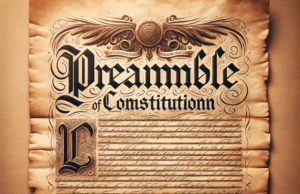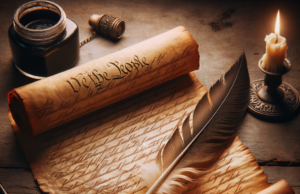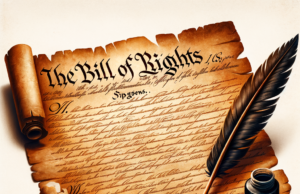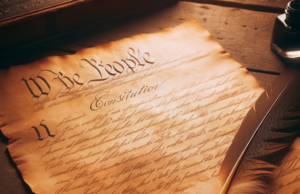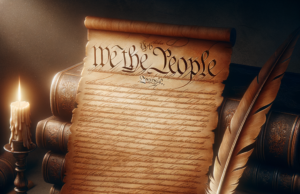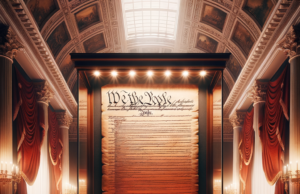Who Is Alexander Hamilton

Alexander Hamilton: Founding Father and Architect of American Finance
Alexander Hamilton was one of the founding fathers of the United States, a leading member of the Federalist Party, and the first Secretary of the Treasury. Hamilton was a brilliant thinker and writer who played a significant role in the development of American financial and economic policies, shaping the country’s financial system into a model for the world.
Early Life and Background
Alexander Hamilton was born on the Caribbean island of Nevis in 1755. His parents were unmarried, and his father abandoned the family when Hamilton was very young. Despite these setbacks, Hamilton was a gifted student and showed a talent for writing from an early age.
As a teenager, Hamilton was sent to the mainland colonies to receive an education. He attended King’s College (now Columbia University), where he studied law and became involved in revolutionary politics.
Role in the American Revolution
During the American Revolution, Hamilton served as a captain in the Continental Army. He quickly rose through the ranks and became an aide to General George Washington, with whom he formed a lifelong friendship and collaboration.
Hamilton played a key role in several important battles, including the Battle of Yorktown, which was the decisive victory for the American forces in the war. After the war, Hamilton became an important voice in the movement to strengthen the federal government.
Contributions to American Finance
As the first Secretary of the Treasury, Hamilton played a significant role in shaping American financial policy. He was a strong advocate for a national bank, which would provide a stable foundation for the country’s financial system.
Hamilton was also the architect of the country’s system of public credit, which helped to establish the United States as a creditworthy nation on the global stage. He established policies that allowed the government to borrow money at low interest rates and pay it back over a long period, allowing the country to finance infrastructure projects and other initiatives that helped to establish the country’s economic foundation.
In addition to his financial policies, Hamilton was also a strong advocate for a strong central government. He believed that a strong federal government was necessary to prevent the country from fracturing into smaller, weaker states and to ensure that the United States could compete on the global stage.
Legacy
Alexander Hamilton’s contributions to the development of American finance were significant and far-reaching. His ideas and policies helped to establish the country as a financial powerhouse and created a foundation for the country’s economic development.
Hamilton’s legacy continues to be felt today in American politics and finance. His ideas and policies helped to shape the country’s financial system into a model for the world, and his advocacy for a strong central government helped to establish the United States as a great nation. Hamilton remains a towering figure in American history, remembered for his brilliance, his passion, and his commitment to the country’s future.
Alexander Hamilton represented New York at the Constitutional Convention and staunchly supported the creation of a unified and powerful central government. Hamilton was a leader of the Federalist Party who transcended loyalty to local states or regions, and instead opted to focus on strengthening the nation through the implementation of a fully functioning federal government. Like many Federalist members, Hamilton was a great skeptic of the individual, concluding that a successful nation needed an able central government to properly enforce the code of law, taxation, and protection against other countries.
Although Hamilton was the first delegate chosen to the Constitutional Convention in 1787, his vote and word were rendered powerless due to disagreeing votes by New York delegates John Lansing and Robert Yates. Hamilton’s wishes of an empowered central government were made controversial due to his alleged admiration of the British Monarchy. Hamilton proposed a “lifelong” President and Senate which would remain in power until death or corruption had tainted the office.
The FederalistParty was constantly in debate with prominent Anti-Federalist members GeorgeMason and Thomas Jefferson over the inclusion of individual liberties withinthe United States Constitution. Hamilton, a staunch supporter of a potent national government, believed that the inclusion of civil liberties within theConstitution was superfluous for individual rights are inherently or implicitly included in the documents.
As a resultof previous authoritative rule, many of the delegates at the Convention supporteda balance of powers between Federal and State governments, while maintaining aseries of rights awarded to the individual citizen. Aware of his position and lacking political savvy, Hamilton decided against the proposal of his intendedConstitution which included similar clauses such as: Senators were to be elected based on the country’s population, the President should be elected based on a difficult multi-stage process, the Supreme Court was to have jurisdiction over lawsuits involving the United States, the President was to have absolute veto power, and State governors were to be appointed by the national government.
When the Convention concluded, Alexander Hamiltonwas not pleased with the drafted Constitution. Although Hamilton still yearnedfor an empowered form of central government, he still signed the document andurged his fellow supporters to do the same. Hamilton viewed the Constitution asa vast improvement over the previously adopted Articles of Confederation and decided to compromise with his opposition.
Immediatelyfollowing the adoption, Hamilton rallied a group together and attempted tospark a ratification process through the creation of Federalist publications.Hamilton recruited James Madison and John Jay to write articles stressing theimportance of a powerful Federal Government with the ability to raise taxes. TheFederalist Papers contained 85 articles documenting the need for America to possess constant funding and pointing out the weaknesses of the American Constitution.
Theintentions of the Federalist Papers were to interpret the Constitution to themasses while attempting to sway votes and sentiment towards a ratificationprocess. Although Madison jumped ship and later created the Bill of Rights, theFederalist Papers were influential in sparking the ratification process of the early Constitutions.
Shortly after the Federalist Papers stoppedcirculation, Alexander Hamilton was appointed the Secretary of the Treasury in1789. Appointed by George Washington, Hamilton was viewed as an economic genius and is regarded as greatly contributing in the structural creation and cabinet roles of the United States Government.
Hamilton’sgreatest contributions come in the form of finance and the institution of noveltaxes such as excise levies on whiskey. Alexander Hamilton was constantlyperturbed by the nation’s debt and the organization of proper national funding.Through Hamilton’s efforts, the First National Bank was created and theAmerican financial system was greatly streamlined through extensive reports onmanufacturing, public credit, and debt.


